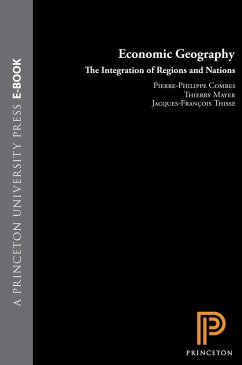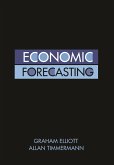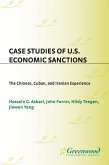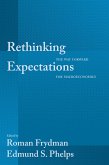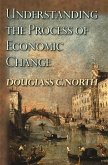Economic Geography is the most complete, up-to-date textbook available on the important new field of spatial economics. This book fills a gap by providing advanced undergraduate and graduate students with the latest research and methodologies in an accessible and comprehensive way. It is an indispensable reference for researchers in economic geography, regional and urban economics, international trade, and applied econometrics, and can serve as a resource for economists in government.
Economic Geography presents advances in economic theory that explain why, despite the increasing mobility of commodities, ideas, and people, the diffusion of economic activity is very unequal and remains agglomerated in a limited number of spatial entities. The book complements theoretical analysis with detailed discussions of the empirics of the economics of agglomeration, offering a mix of theoretical and empirical research that gives a unique perspective on spatial disparities. It reveals how location continues to matter for trade and economic development, yet how economic integration is transforming the global economy into an economic space in which activities are performed within large metropolitan areas exchanging goods, skills, and information. Economic Geography examines the future implications of this evolution in the spatial economy and relates them to other major social and economic trends.
Economic Geography presents advances in economic theory that explain why, despite the increasing mobility of commodities, ideas, and people, the diffusion of economic activity is very unequal and remains agglomerated in a limited number of spatial entities. The book complements theoretical analysis with detailed discussions of the empirics of the economics of agglomeration, offering a mix of theoretical and empirical research that gives a unique perspective on spatial disparities. It reveals how location continues to matter for trade and economic development, yet how economic integration is transforming the global economy into an economic space in which activities are performed within large metropolitan areas exchanging goods, skills, and information. Economic Geography examines the future implications of this evolution in the spatial economy and relates them to other major social and economic trends.
- Provides a complete introduction to economic geography
- Explains the latest theory and methodologies
- Covers the empirics of agglomeration, from spatial concentration measurement to structural estimations of economic geography models
- Includes history and background of the field
- Serves as a textbook for students and a resource for professionals

